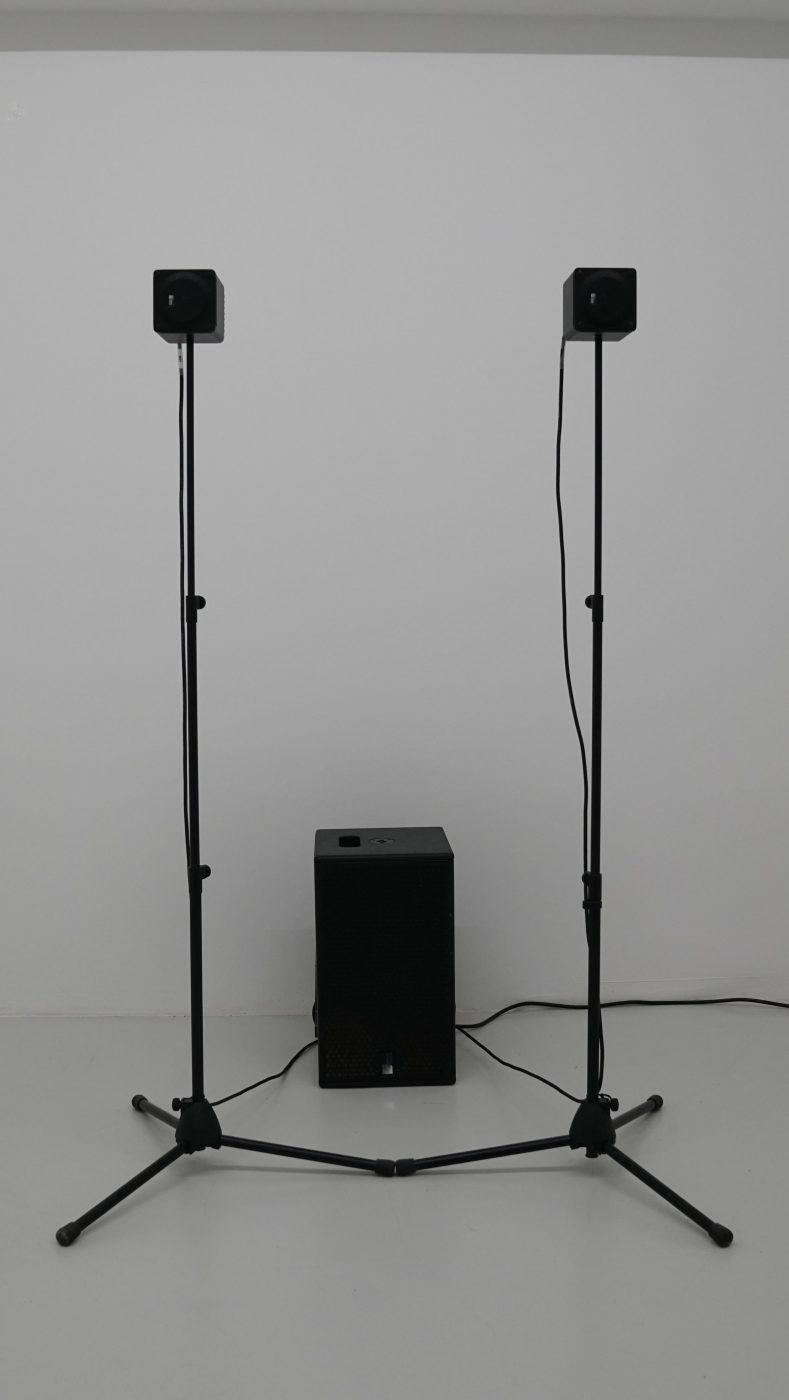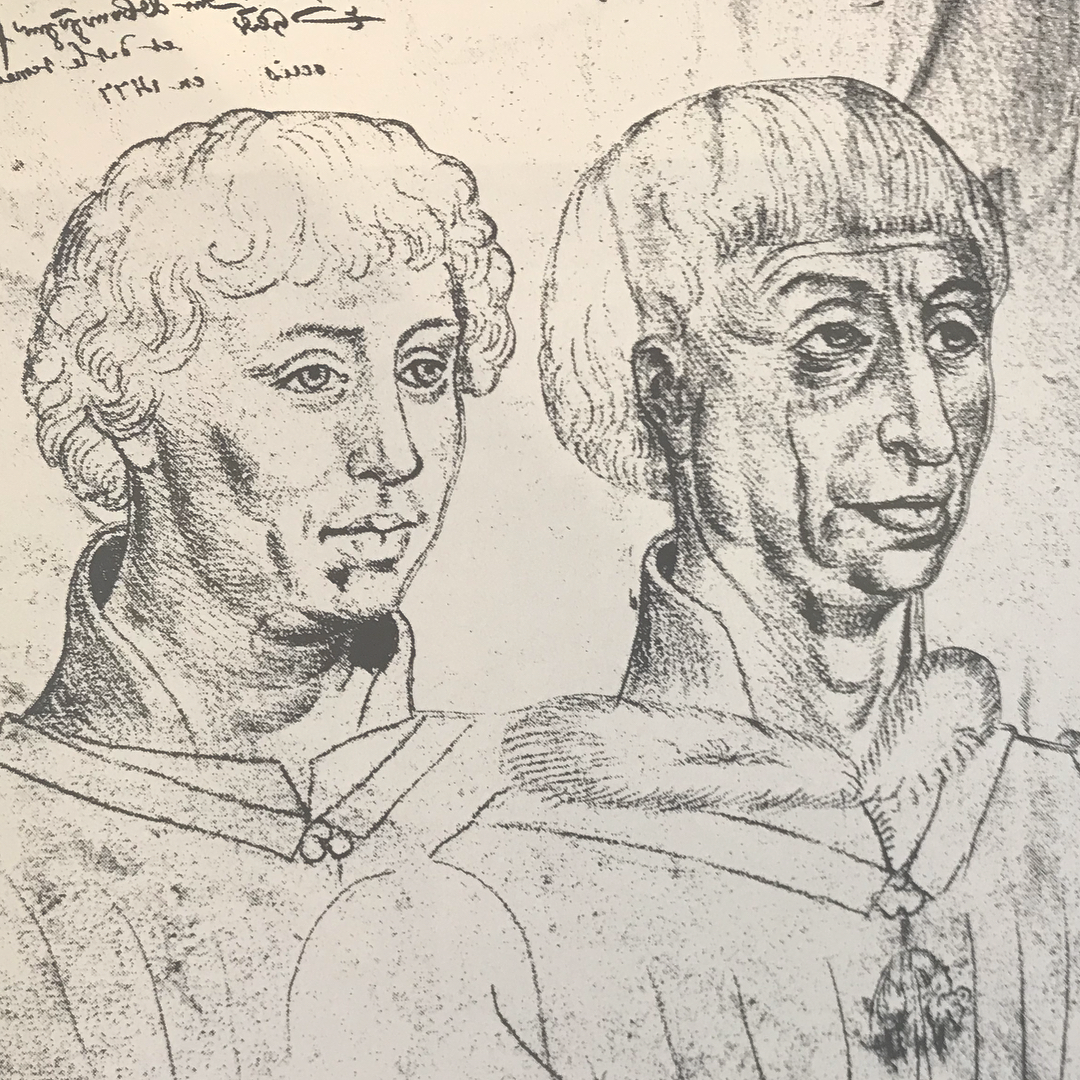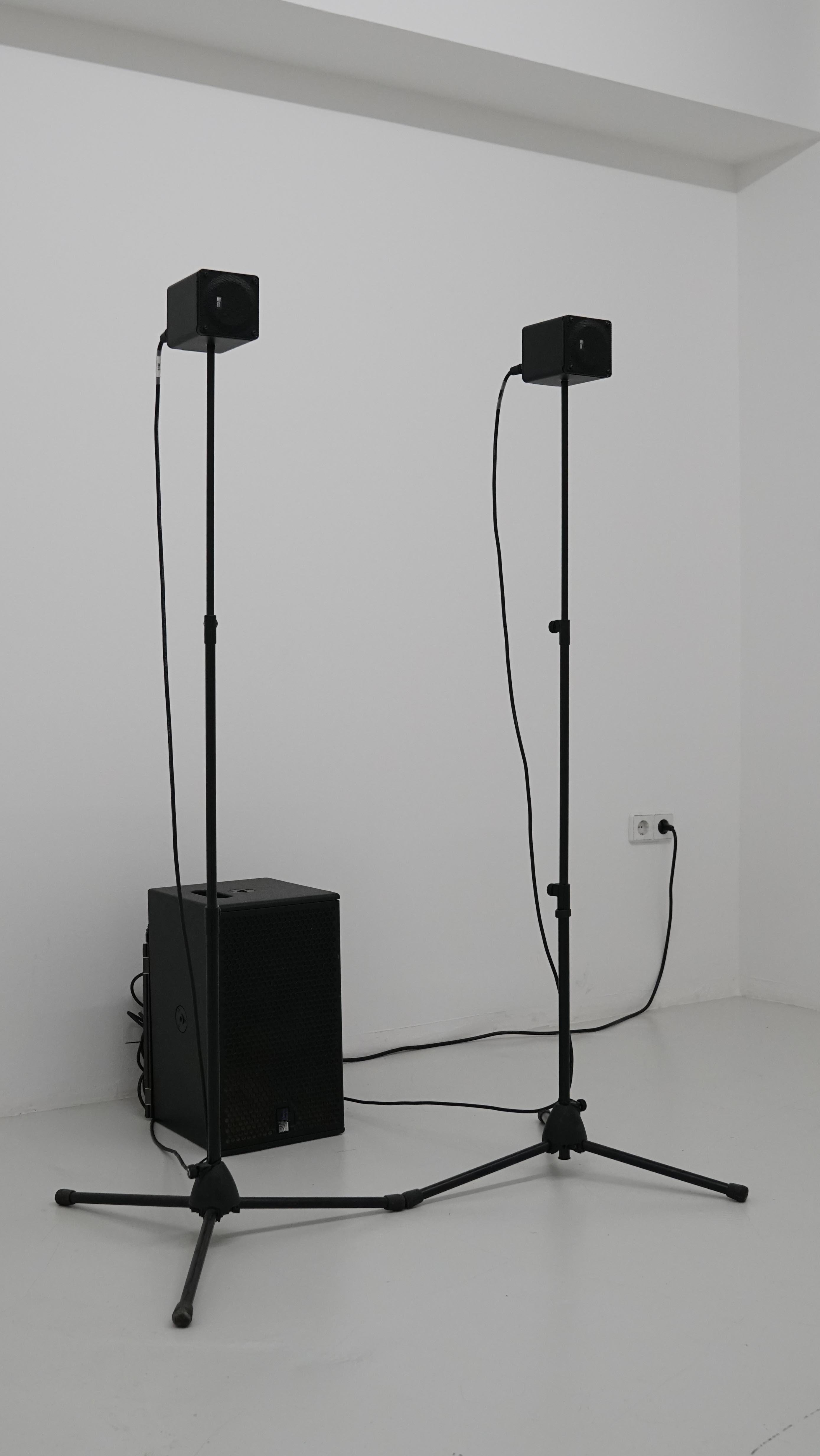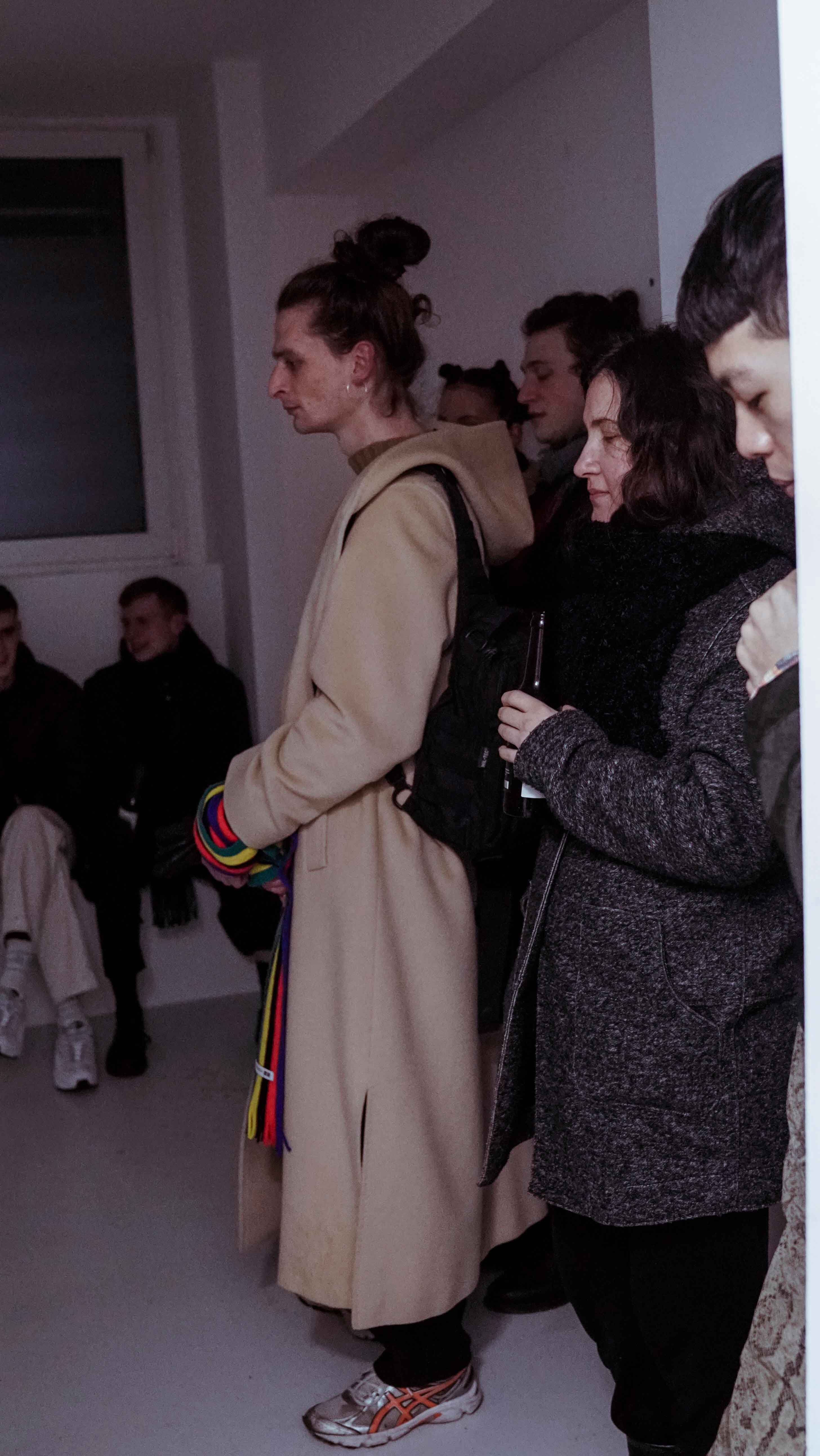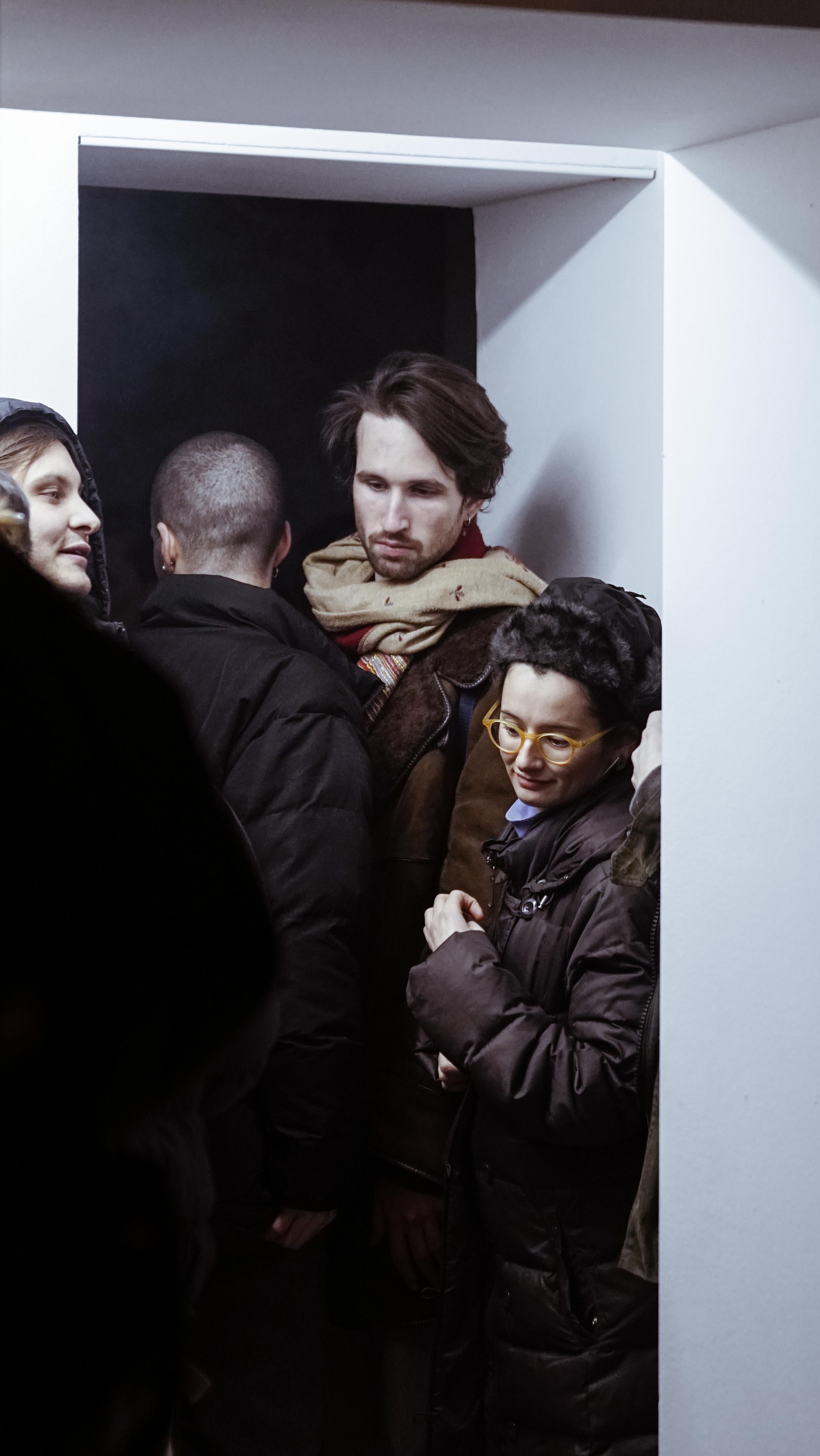"Polyphonic music from the Renaissance has been an obsession of mine for many years. I find it a very interesting time in the history of music: a sort of cerebral turn that made composers think about composition in algorithmic, almost alchemical, ways. They were interested in hiding obscure numbers and messages in their compositions and developing new ways of reading and writing scores.
L’homme armé triggered something new in me, something that I’ve only started to be interested in recently, namely the history of politics in music. Politics is not often discussed or translated in contemporary music. Instead, music seems to be this abstract medium that is not much affected by global politics.
But when we leave the big musical institutions, we can see that grassroots music has historically been a huge influence on political movements, as both instigator and voice of change, and that it reflects the social conditions, concerns and desires of a time. Music can have a political agenda.
L’homme armé is a chant that originated somewhere in the 15th century. Based on the melody of a trumpet call, it was probably used as a protest song against the Ottoman invasion of Constantinople, today’s Istanbul. In the middle ages it was common practice to write a mass based on a Cantus Firmus, a religious melody, and build a polyphony on top of this melody.
So around 1500, there were many composers across Europe who used the melody of L’homme armé to write music for church masses. In this way this protest chant was weaved into institutional music and surfaced in large social and religious gatherings across Europe – solidifying a politically charged, Christian position against the Ottoman invasion.
I find it fascinating that this melody became an artefact of this long conflict. Slowly passing around Europe, like a musical parasite, diffused in compositions, over many years, infecting music, and the communities it instantiated with political ideas and convictions. It is interesting to trace back how these cultural identities are constructed and how they cultivates a history of violence, as they are still very present today, causing similar problems."
Excerpt from interview about Small Mass for the Armed Man with Gruppe Magazine
Full interview
